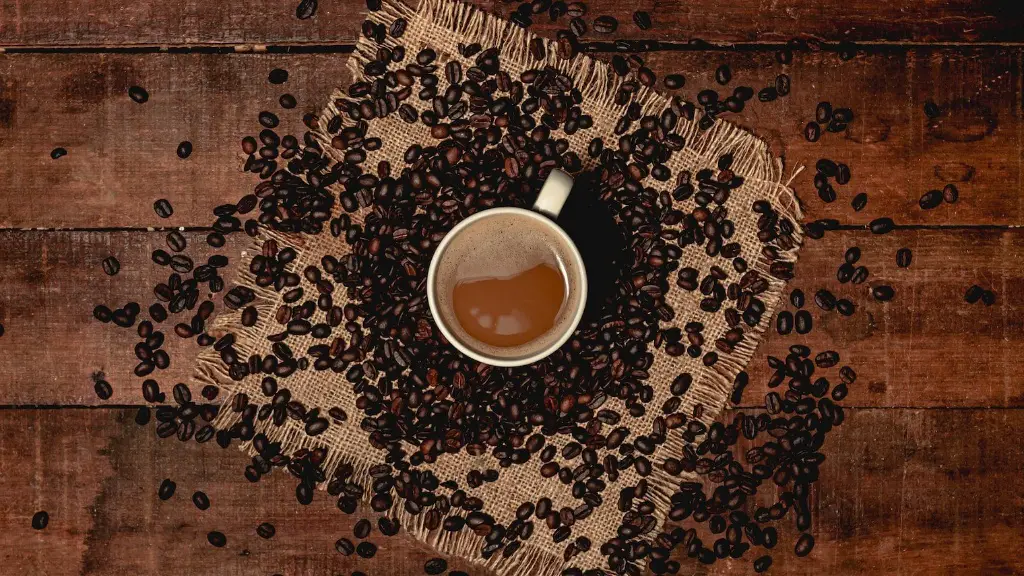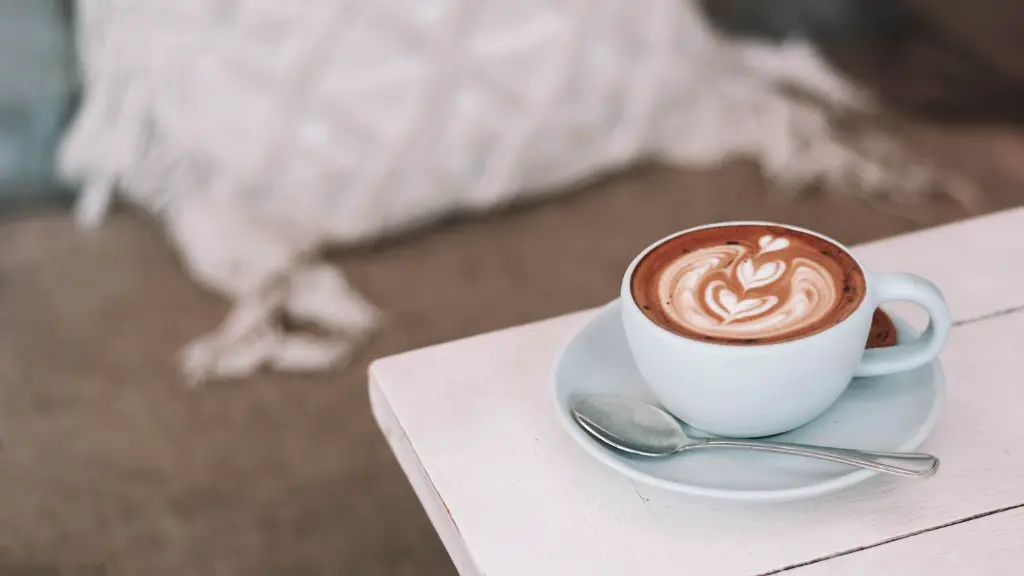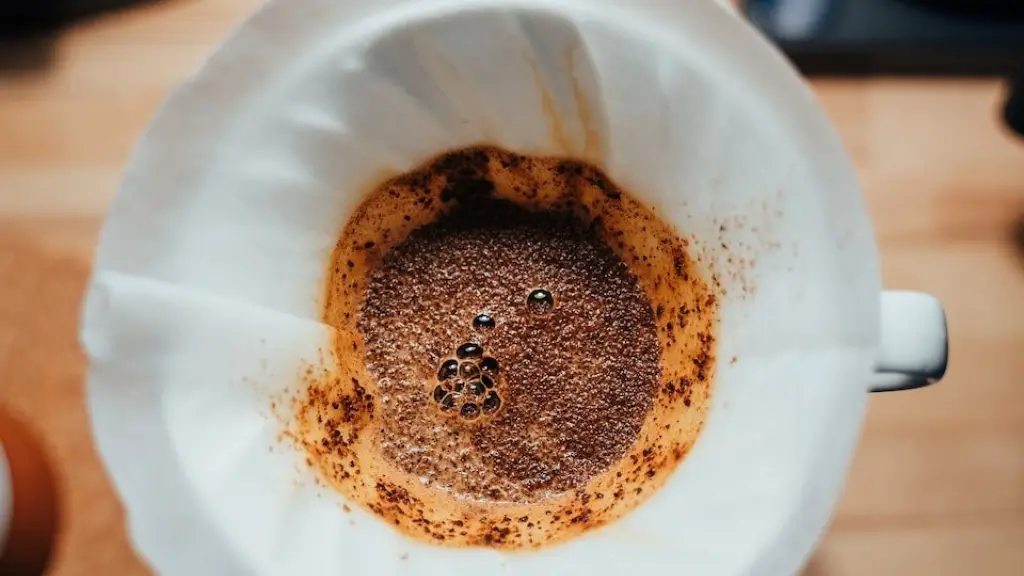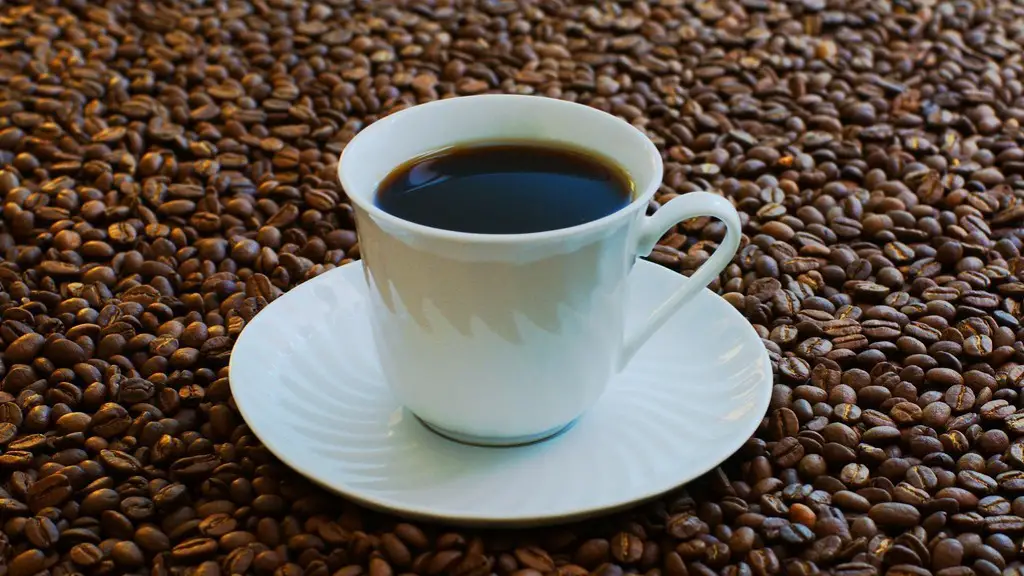Studies have shown that coffee consumption can have a positive impact on our health. On the other hand, too much of a good thing can be bad. The same is true with coffee consumption. Too much caffeine in your system can cause a variety of negative results.
Caffeine is a natural stimulant found in coffee, tea, and chocolate, and is the most commonly consumed stimulant in the world. It is a safe and healthy addition to your diet in reasonable amounts, but what happens when you drink too much coffee?
Coffee is best enjoyed in moderation. Moderate intake for adults may mean one or two caffeinated beverages per day (roughly 3-4 cups, depending on strength and serving size). When you drink too much, you can experience side effects such as headaches, insomnia, and irritability. You may also feel jittery, anxious, or have trouble focusing. All of these side effects may be a sign that you’ve consumed too much coffee, and need to scale back.
High amounts of caffeine can increase heart rate and blood pressure, which can be dangerous for those with pre-existing heart conditions. Too much coffee can also lead to dehydration, as coffee is a diuretic and can cause frequent urination. Additionally, coffee can harm teeth, as the tannins in coffee are notorious for staining and eroding enamel.
Caffeine withdrawal is a real thing and a strong symptom of drinking too much coffee. Symptoms of caffeine withdrawal can include headaches, irritability, fatigue, difficulty focusing, and difficulty sleeping. These symptoms are the body’s way of telling you that you need to lower your intake or quit caffeine altogether.
It is always a good idea to consult your doctor before making drastic changes to your diet or lifestyle. Your doctor can help you determine a healthy level of caffeine consumption for your individual needs. Additionally, your doctor can help you identify potential medical conditions or medications that could be affected by caffeine intake.
What Are Caffeine Alternatives?
If you’re looking for a caffeine-free alternative to coffee, there are a variety of beverages available. Herbal teas, decaffeinated coffee, and sparkling water are all caffeine-free options. If you’re looking for an energizing option that does contain caffeine, green tea is an excellent choice. Green tea contains significantly less caffeine than coffee, and also contains antioxidants that can provide a number of health benefits.
If you’re looking for a caffeinated pick-me-up without the crash, try a nootropic drink. Nootropic drinks often contain natural or synthesized ingredients that may provide a mild energizing effect without the jitters or crash associated with coffee. Speak with your doctor before trying any novel energizing substances.
How Much Caffeine Is Too Much?
The amount of caffeine you can consume before it starts to become harmful can vary depending on a number of factors such as your body weight, age, and activity level. Generally speaking, the FDA recommends that healthy adults should not consume more than 400 mg of caffeine a day (roughly four cups of coffee). It is best to track your caffeine intake each day and adjust accordingly, as too much caffeine can lead to negative side effects.
Advanced studies reveal that daily caffeine consumption above 400mg can increase blood pressure, reduce the elasticity of your arteries, increase your risk of heart disease, and impair hormone production. Additionally, drinking over 1600mg may result in symptoms of caffeine overdose.
Advantages And Disadvantages Of Drinking Coffee
There are both advantages and disadvantages to drinking coffee, with the most significant being its caffeine content. Too much caffeine can lead to adverse health effects, so it is important to know how much is too much. Moderate amounts of coffee can provide a variety of benefits, including increased alertness and focus, improved physical performance, and possible protection against certain diseases.
In addition to the potential health benefits, drinking coffee can provide mental health benefits in the form of social interaction. This can range from meeting up with friends over coffee to a simple office coffee break. Even if you’re only drinking a cup of coffee at home, the ritual of preparing and enjoying the beverage can be calming and emotionally comforting.
Too much coffee, however, can be damaging to our health. Caffeine is a stimulant, and too much of it can lead to nervousness, insomnia, headaches, and other adverse effects. Although research suggests that moderate amounts of caffeine consumption (up to 400mg/day) are safe, it is important to keep your consumption in check and be mindful of any negative effects.
Adapting To Your Limit
Sticking to your daily caffeine limit is the best way to ensure that you’re not drinking too much coffee. To do this, it’s helpful to have a solid understanding of how much caffeine is in each type of coffee drink. As a general rule of thumb, an 8-ounce cup of coffee typically has between 90mg and 200mg of caffeine.
It is also a good idea to keep track of your daily caffeine intake. This will help you better understand your own individual limits and stick to them. Additionally, it’s best to avoid drinking large amounts of coffee in one go (such as “energy shots” or “coffee bombs”). This can elevate your caffeine levels too quickly and may lead to adverse effects.
Caffeine-Free Alternatives
If you’re looking for a caffeine-free coffee alternative, there are a number of caffeinated drinks that are naturally decaffeinated or contain lower levels of caffeine. Herbal teas, decaf coffee, and sparkling water are all excellent options. Additionally, there are also a variety of herbal concoctions and smoothies that you can make at home that are free of caffeine.
If you must have your morning coffee, it is important to keep your caffeine intake in check. Track your intake and pay attention to any adverse side effects such as restless nights, headaches, anxiety, or restlessness. Moderation is key, and having an understanding of what happens when you drink too much coffee can help you make better decisions about your daily caffeine intake.
Lifestyle Change
In addition to drinking less coffee, there are a few other lifestyle changes that can help reduce your caffeine intake. Try to avoid drinking coffee close to bedtime. Going to bed after drinking coffee can disrupt your sleep cycle and may lead to insomnia. Additionally, it is best to avoid consuming coffee or other caffeinated beverages on an empty stomach as this can lead to an uncomfortable sensation resembling heartburn.
If you’re looking for a caffeine boost but don’t want to drink coffee, there are a number of alternatives available. Keep track of your intake and substitute coffee with green tea, herbal tea, or a nootropic beverage. These options provide less of a “caffeine kick” and are generally easier on your body than coffee. Additionally, these beverages may provide other health benefits such as antioxidants and vitamins.
Keep in mind that drinking too much coffee can result in negative physical and mental side effects. Pay attention to how much coffee you’re drinking, and keep your intake in check. Listen to your body and adjust your intake accordingly. With a bit of mindfulness and moderation, it is possible to enjoy coffee without the negative side effects associated with excessive consumption.





